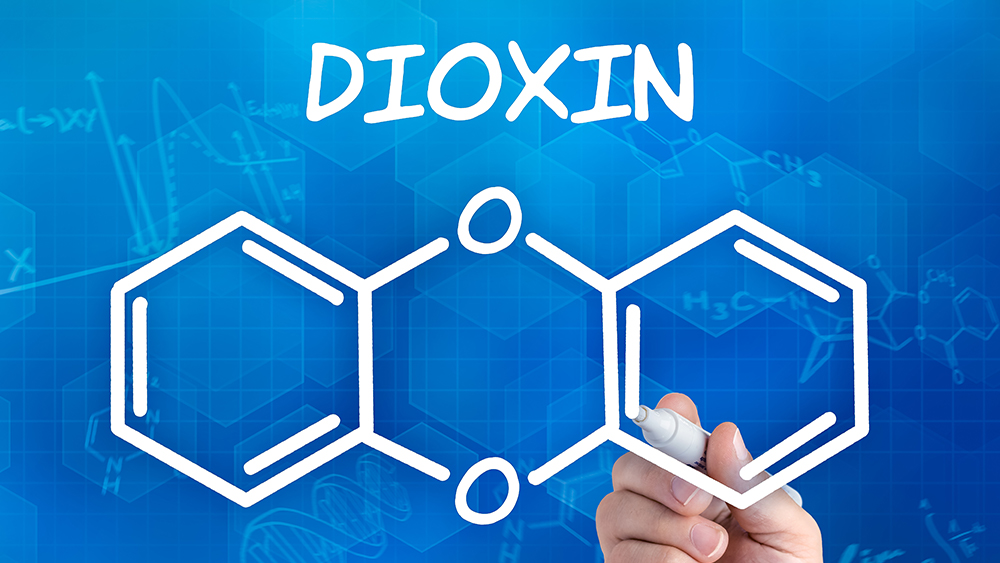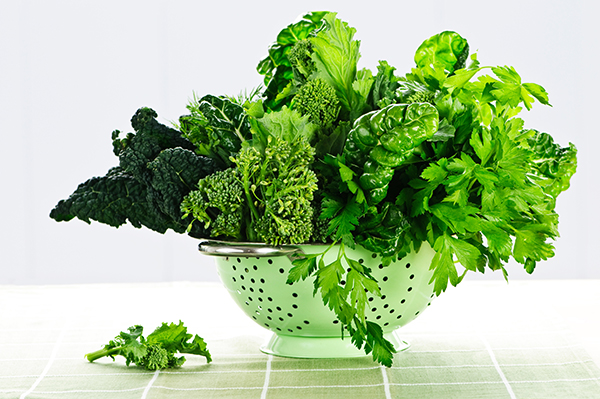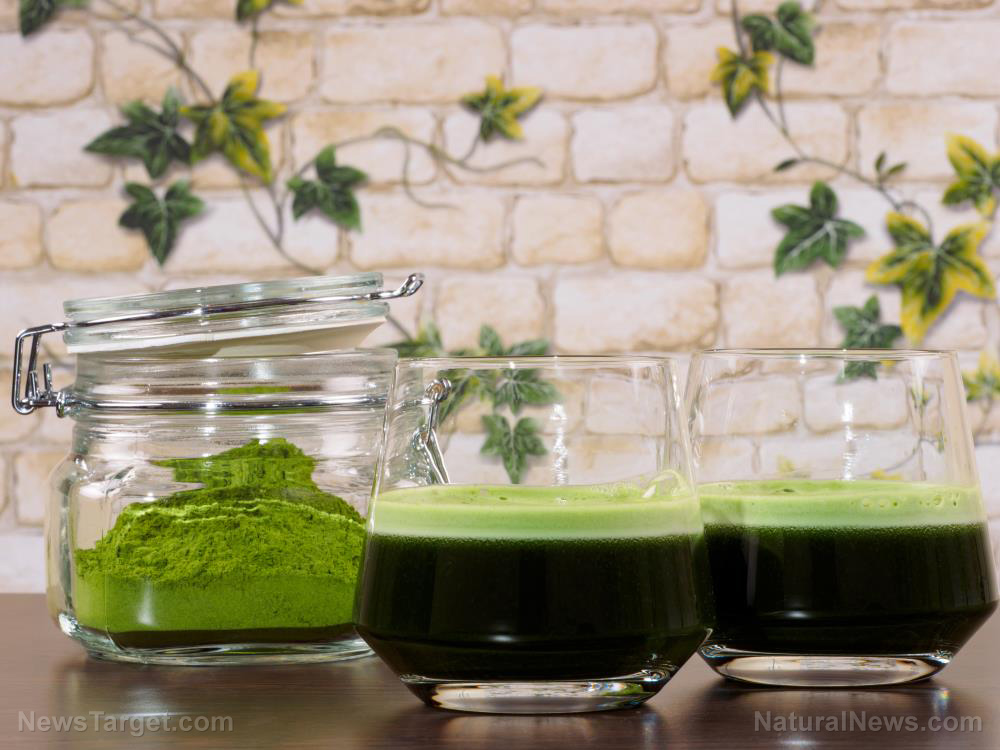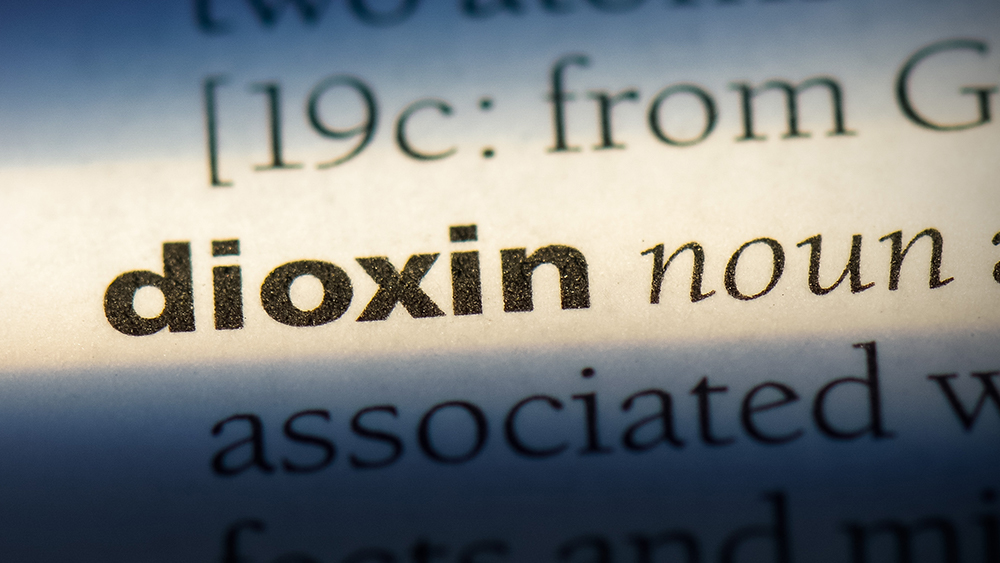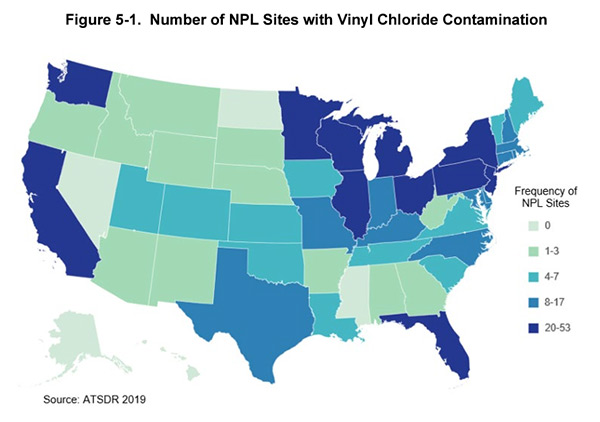Comparing milks: Which is best for you?
12/28/2019 / By Tracey Watson

In recent years, an increasing number of people have switched from cow’s milk to nondairy, plant-based alternatives, including coconut, rice, almond, hemp, oat, soy, quinoa and spelt milks. The reasons for this switch vary, with everything from ethical concerns to the need to avoid lactose motivating people to make the change.
Since these milks have different nutritional profiles, however, it is worth taking a closer look at some of them to determine which provide the most health benefits.
Cow’s milk
As reported by the Journal of Food Science and Technology, milk has been consumed around the world for centuries and serves as a source of protein for millions. It also provides other major nutrients, including carbohydrates, fat and a variety of host-defense proteins. Cow’s milk is best consumed raw.
Nonetheless, as previously reported by Natural News, there are at least four reasons that many have chosen to ditch dairy.
- Acidity: To optimize health and disease protection, humans should maintain a slightly alkaline pH balance in the body, between 7.3 and 7.45. Since dairy foods are generally acidic, with a pH ranging between 4 and 6.85, they can place the body in an inflammatory state, increasing the risk of heart disease, cancers and diabetes.
- Disease: Since dairy products are high in cholesterol and saturated fats, they can lead to an increased risk of heart disease, diabetes and obesity.
- Toxins: Dairy products contain hormones from the host cow, in addition to synthetic hormones given to cows to boost milk production. These hormones can interfere with the natural balance of human hormonal function. In addition, dairy products are packed with antibiotics given to cows to treat and prevent disease, as well as other contaminants, including pesticides, PCBs and dioxins.
- Humans are not baby cows: Cow’s milk has very different characteristics to human milk and is meant to be consumed by calves, not people.
Almond milk
Almond milk is probably the most popular dairy alternative on the market, and studies have recommended it as the best alternative for people with allergies and intolerances to milk.
Compared to cow’s milk, almond milk has less saturated fat and more unsaturated fats. The healthful fats in almond milk may help people lose weight and keep it off.
Since almond milk is low in calories and protein, it might not be suitable for some children, and those not interested in losing weight might have to supplement with other healthy sources of protein like beans and fish. As it is also low in calcium, people who only drink almond milk will likely have to increase their consumption of leafy greens or other calcium sources.
Watch out for “calcium carbonate” added to almond milks at the grocery store. It’s a low quality source of calcium that can actually lead to artery calcification.
Hemp milk
Hemp milk is lower in calories and protein than cow’s milk but contains more protein than almond milk. It is also high in polyunsaturated fats which research has found can lower overall cholesterol levels.
While the chalky taste might not be everybody’s cup of tea, hemp milk will not separate in hot drinks, making it a better choice than some of the other nondairy plant-based alternatives.
Oat milk
Oat milk’s creamy, mild flavor makes it a good choice for drinking on its own, adding to hot drinks or enjoying with cereal. However, it is not suitable for people who have celiac disease or a gluten intolerance. In addition, oat milk is very high in carbohydrates and has the highest number of calories of all the plant-based milks.
On the positive side, oat milk provides even more vitamin B2 and riboflavin than cow’s milk, and many companies boost its nutritional value by adding additional vitamins and minerals.
Soy milk
When people decide to stop drinking dairy, soy milk is often their first choice as a replacement. It has the highest amount of protein of all the plant-based milks, and many manufacturers add calcium and vitamin D to increase its nutritional value. Soy milk also contains isoflavones, which studies have found to have anticancer effects.
Many people do not enjoy the flavor of soy, however, and manufacturers often add a lot of extra sugar to try to mask its bean-like flavor, making it a poor choice for those trying to reduce their sugar intake.
Natural News previously reported:
Processed soy contains high amounts of glutamate, manganese, fluoride and aluminum along with toxic processing chemicals. Studies have proven that the heavy consumption of GM soy has increased food allergies and resistance to antibiotics, lowered thyroid function, increased risk of dementia, impaired our immune systems and contributed to cancer formation.
If, despite these concerns you do choose to drink soy milk, it is best to choose an organic variety.
There are certainly good reasons to make the switch from dairy to plant-based milk varieties, but it’s important to be aware of sugar and mineral content, and to supplement with other sources of protein if necessary.
Learn more at Nutrients.news.
Sources include:
Submit a correction >>
Tagged Under:
Almond Milk, cows milk, dairy, grocery, Hemp Milk, milk, nondairy plant-based milk, oat milk, soy milk
This article may contain statements that reflect the opinion of the author
RECENT NEWS & ARTICLES
COPYRIGHT © 2023 DioxinDetox.com
All content posted on this site is protected under Free Speech. DioxinDetox.com is not responsible for content written by contributing authors. The information on this site is provided for educational and entertainment purposes only. It is not intended as a substitute for professional advice of any kind. DioxinDetox.com assumes no responsibility for the use or misuse of this material. All trademarks, registered trademarks and service marks mentioned on this site are the property of their respective owners.


